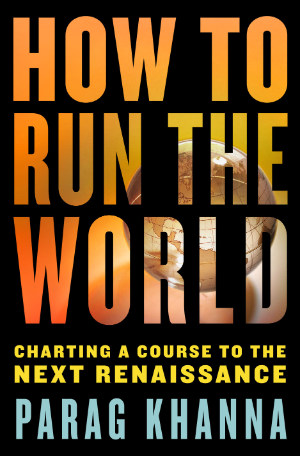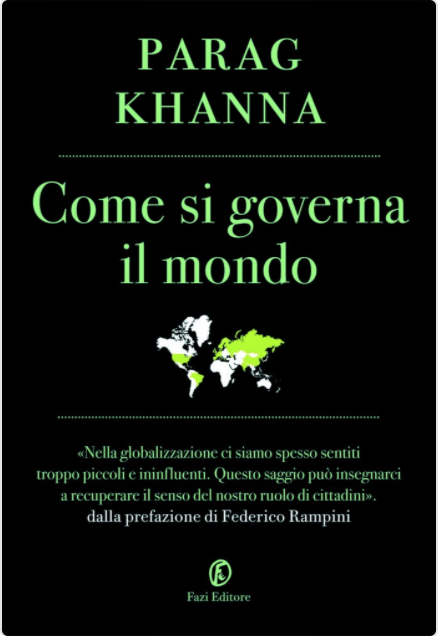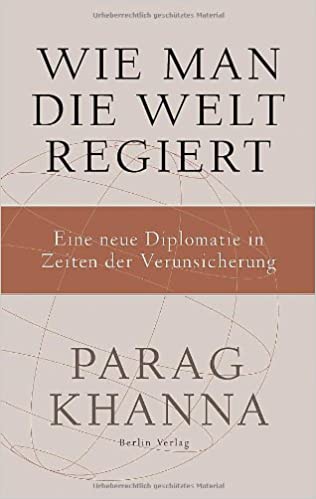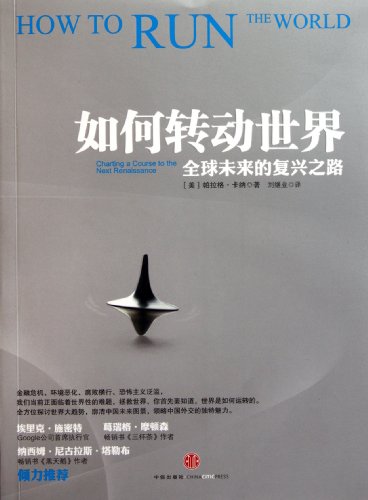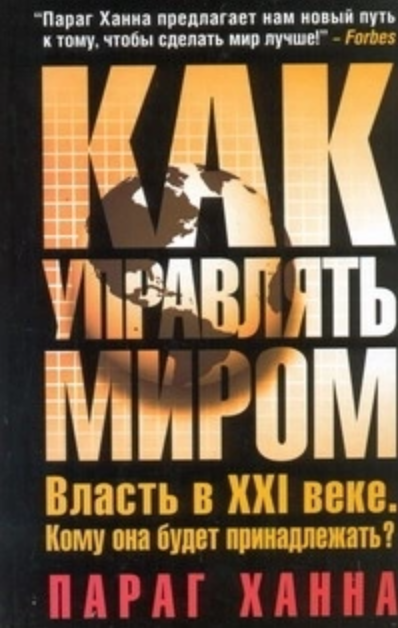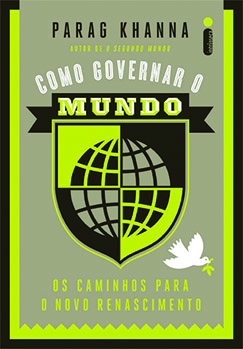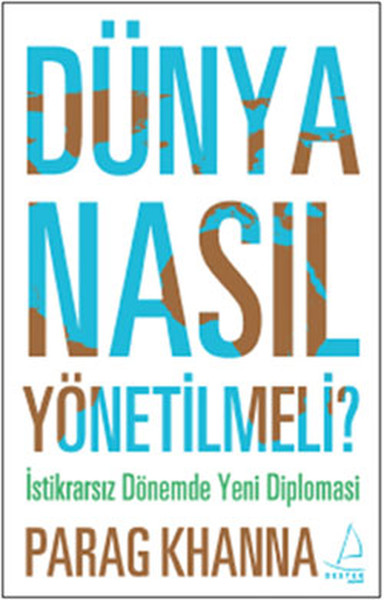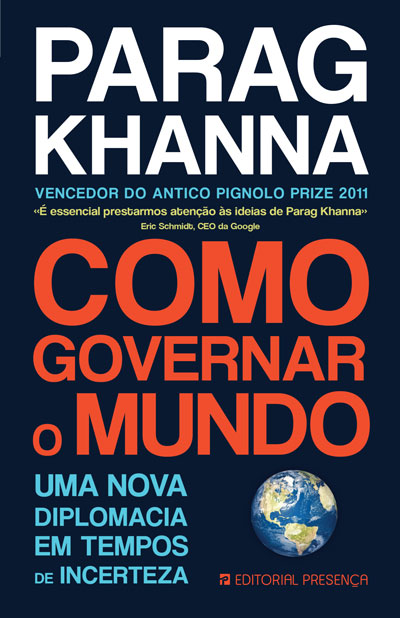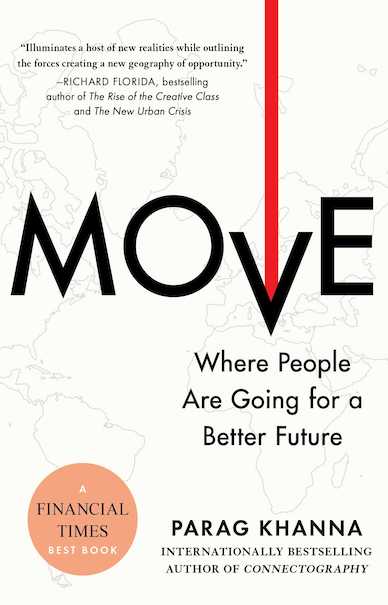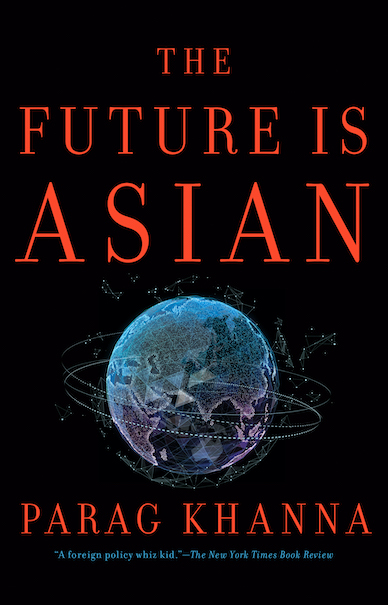New America Foundation senior research fellow Khanna (The Second World: Empires and Influence in the New Global Order, 2008) calls for a new “mega-diplomacy” to solve problems in a period of global uncertainty. Diplomats have long negotiated how to run the world, writes the author. In ancient Sumerian city-states, they channeled the messages of deities among kings. In modern times, they have divvied up the globe after major wars. With no single power in control, today’s “fractured, fragmented, ungovernable” post–Cold War world demands a new kind of diplomacy based on coalitions of governments, corporations and civic actors. Empowered by the information revolution, writes Khanna, public and private partners can collaborate efficiently across national borders to meet such 21st-century challenges as terrorism, the AIDS epidemic and climate change. Key practitioners of this new diplomacy include the entrepreneurs, academics, activists, celebrities and others who have worked in unusual and collaborative ways to achieve such goals as a landmine ban, debt relief and the International Criminal Court. They range from Bill and Melinda Gates to luminaries like Bono and Angelina Jolie—all individuals with resources and influence—and include NGOs like the Open Society Institute, which shapes important global questions; the World Economic Forum, “archetype of the new diplomacy,” which brings diverse players together on equal footing at annual summits; and the Clinton Global Initiative, which fosters cross-sector partnerships among leaders in politics, business and civil society. Khanna suggests ways in which the new diplomacy can help spur fresh approaches in problem areas—encouraging greater intelligence cooperation on terrorism among countries, giving Somali fishermen incentives to not engage in piracy (such as new boats to boost their catch) and convincing regimes in Iran and North Korea that they don’t need nuclear programs. In the environmental arena, meaningful public-private initiatives spurred by the new diplomacy can have far more impact than international agreements, he writes. For a model of mega-diplomacy, the author points to Europe, where members of the borderless European Union are experimenting and cooperating to meet shared challenges. A valuable contribution to the global-governance debate
– Kirkus Reviews

